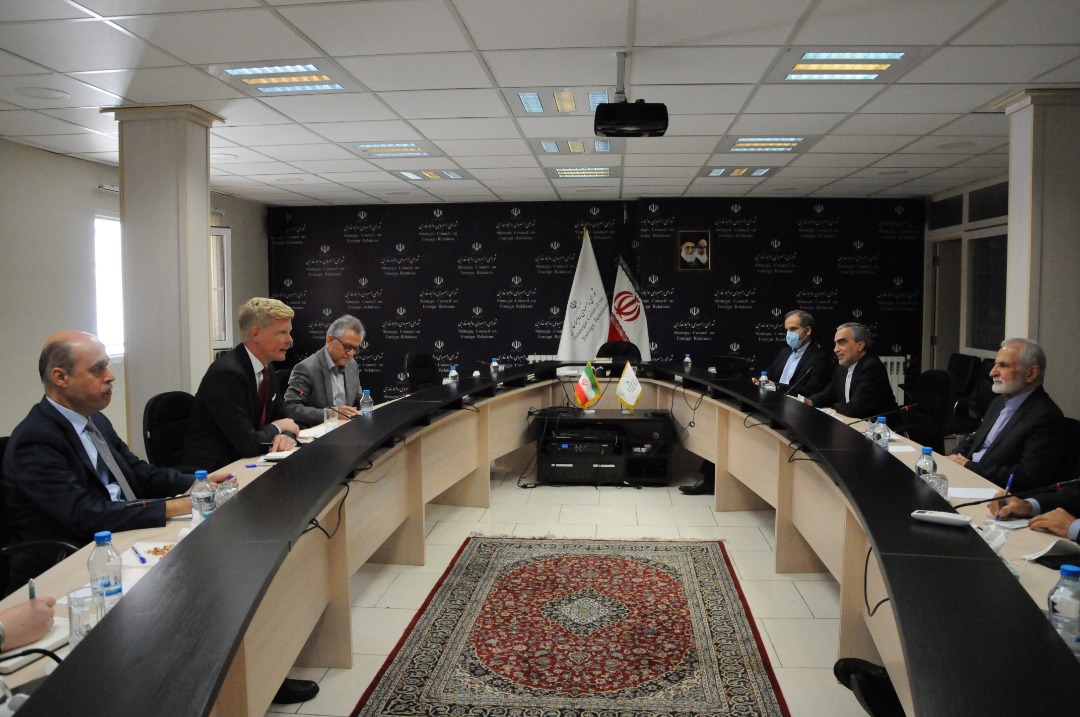Dr. Kamal Kharrazi, in a meeting with Hans Grundberg, the UN Secretary General’s Special Envoy for Yemen, stated: Iran is ready to fully support the UN mission in maintaining the ceasefire in Yemen. The final result of such efforts should be the start of Yemeni-Yemeni negotiations without the interference of outsiders, the establishment of a political system based on one person-one vote, and the reconstruction of the country.
He also pointed to the obstacles facing the continuation of the ceasefire and stated: An important factor for the success of the UN mission in Yemen is exerting pressure on the United States and the European countries to stop arms sales to Saudi Arabia and the UAE. Otherwise, the conflict will continue.
The SCFR President described the people of Yemen as “smart and determined”, as such that in the past seven years, despite all sanctions and pressures, they have succeeded in producing all kinds of weapons, including drones and missiles, in order to defend themselves, adding: Everyone is aware of the suffering of the people of Yemen during the past seven years, and if the conflicts resume, more destruction, massacre, and poverty will be resulted.
Dr. Kharrazi emphasized: The neutrality of the United Nations in the Yemen crisis is another important factor. He continued that the Ansarollah perception is very negative towards the past conduct of the United Nations, including Mr. Ban Ki-moon’s deal to remove the name of Saudi Arabia from the block list of killing Yemeni children in exchange for receiving financial aid from that regime.
At the same time, referring to the recent ceasefire violations, he stated: If one side does not completely fulfill its obligations and violates the agreement, the ceasefire will be useless. We believe that serious attention should be paid to the conditions that the National Salvation Government of Yemen has put forward to continue the truce.
In this meeting, Grundberg explained the latest developments in Yemen, while appreciating Iran’s support in advancing the ceasefire, and expressed the hope that all parties to the conflict, especially in the remaining month, would show more cooperation to achieve a lasting ceasefire.










0 Comments